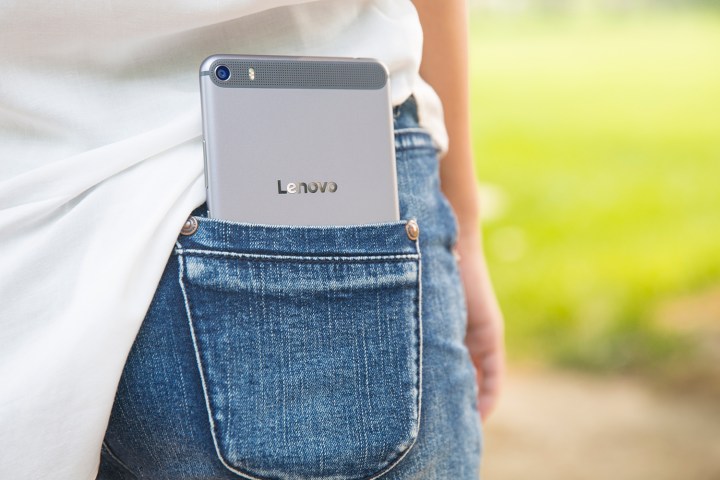
Despite the loss, investors were mostly pleased with Lenovo’s second quarter results. The PC giant reported $12.2 billion in revenue, a 16 percent rise year-on-year. The firm also revealed it will save $650 million in the second half of the year and $1.35 billion next year, resulting from job cuts in August that removed five percent of its workforce.
In China, sales were down 12 percent year-on-year, mostly due to its mobile division. Lenovo claims the Chinese smartphone market is “fierce” and it is hard to make money in the region. Nevertheless, it wants to turn it around in China, while also investing more into India, Russia, and other low-end markets in Asia and South America. And next year, Lenovo wants to become active in mature markets like Europe and the United States.
Total sales of mobile devices for the six-month period came to 24.7 million, a fourfold increase thanks the acquisition of Motorola Mobility.
Motorola Mobility has yet to announce its own financial results, which might give a clearer picture of Lenovo’s mobile restructuring. Lenovo acquired Motorola in 2014 from Google for $2.91 billion, and later in the year acquired IBM’s server business for $2.3 billion.
The server business reported its first profit in the second quarter, as Lenovo began integrating IBM’s x86 servers and clients. Lenovo acquired the business to sell cheap servers to local Chinese website owners, who are not impacted by the slower service from x86 servers.
Although Lenovo might otherwise be on track to recover, it is starting to lose ground in the mobile industry. In the second quarter it dropped to fifth in mobile marketshare, behind Samsung, Apple, Huawei, and Xiaomi. The integration of Motorola into the firm’s core business, instead of as a separate entity, might be one way for Lenovo to regain market share worldwide.
Editors' Recommendations
- WhatsApp launches crypto-powered mobile payments in the U.S.
- T-Mobile announces expanded 5G Home Internet access across southern U.S.
- Better late than never, the Motorola Moto G100 lands in the U.S.
- U.S. restricts trade with China’s largest chipmaker due to alleged military ties
- Trump reportedly still wants U.S. government to get paid in proposed TikTok sale


